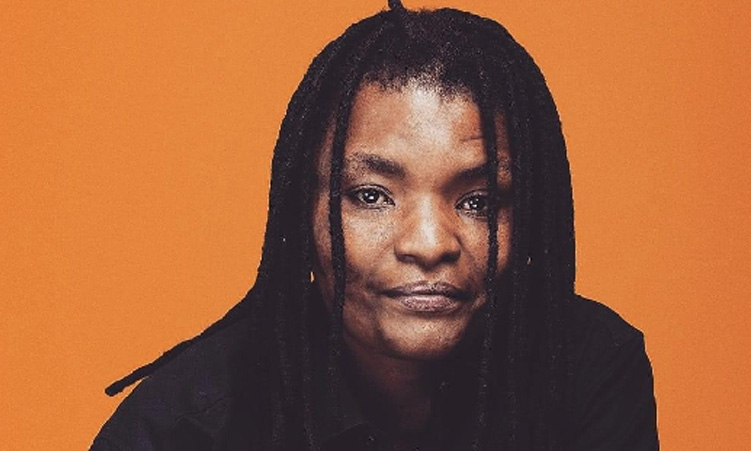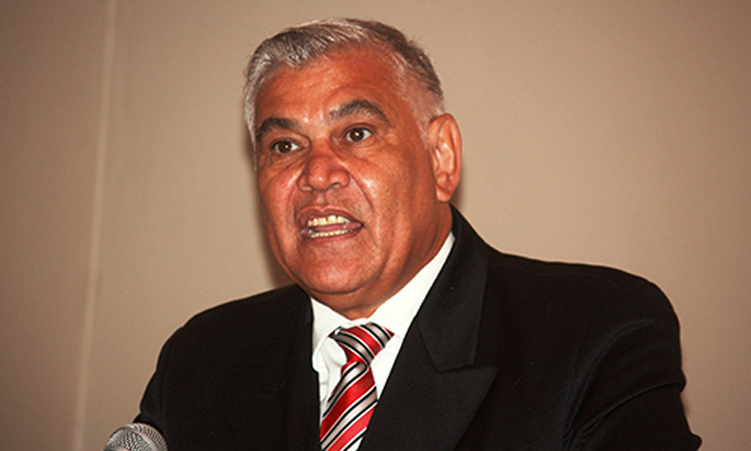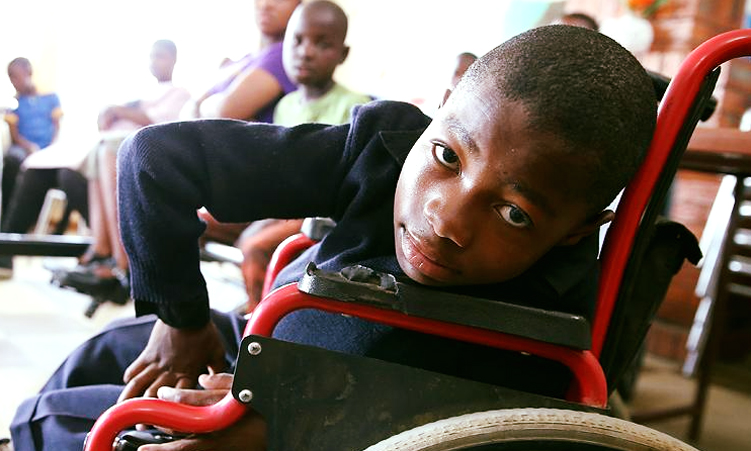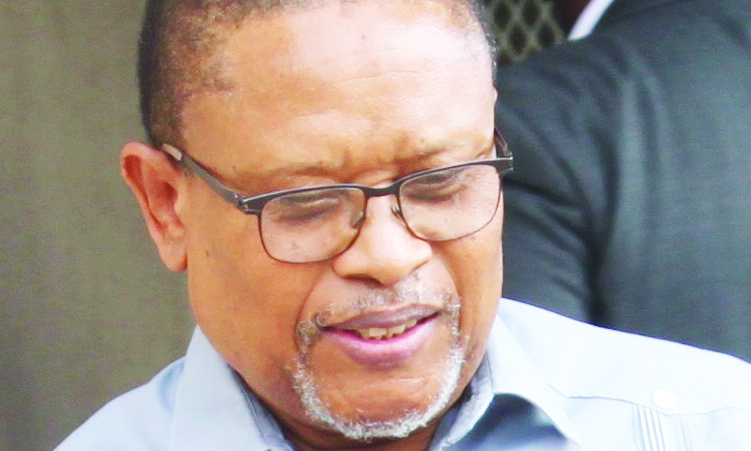Activist in Namibia feel there is a need for legislation to regulate the use of social media to deal with cyber bullying.
Human rights activist Linda Baumann says Namibia needs a legislative and policy framework on social media usage.
This comes as Baumann and NMT Media Foundation director Zoé Titus launched ‘The Digital Closet’ – a first-of-its-kind African study examining the impact of online hate speech targeting the lesbian, gay, bisexual, transgender, queer/questioning, intersex and other (LGBTQI+) community in Namibia.
The study explores how spaces intended for free expression have transformed into platforms of injustice.
Baumann and Titus discussed the study on Desert FM yesterday.
“I’m not keen on legislating or regulating spaces, but yes, social media and the way people communicate online needs to be looked at more closely. More importantly, I think our first action would be to seek that our Ministry of Justice, Law Reform Development Commission, and those involved really look at our hate speech bill,” Baumann said.
She noted that over the past five to seven years, there have been engagements at policy and legislative level which have revealed the prevalent attitudes Namibians hold towards the LGBTQI+ community.
According to Baumann, while marches and protests have not gained momentum, the online space has seen the creation of activist WhatsApp groups.
“This has been stimulated mainly online, because the marches and congregation of Namibians into one space haven’t been happening as they anticipated it to. But online, it actually went rife. WhatsApp groups are set up to counter anti-LGBTQI+ groups, to counter LGBTQI+ groups,” she said.

Speaking on the same platform, co-editor of ‘The Digital Closet’ Titus said stakeholders have to look at the right to association and the right to freedom of expression on many different levels.
“I think we have to understand that your rights offline apply online as well.
That’s why when we approach this we are looking to unpack the right to freedom of expression and apply a broader understanding to the right of freedom of expression,” Titus said.
She added that individuals should be allowed to express their identity, gender identity, sexual orientation and race as part of being human.
According to Titus, hate speech manifests largely as derogatory language, harassment, threats and doxxing (the act of revealing personal information about someone online without their consent).
“It has an incredibly intense mental impact on members of the community. So we also questioned their support systems,” she said.
The recently concluded elections revealed that most political parties do not support LGBTQI+ rights, with the majority of manifestos not including the concerns of the community.
Independent Patriots for Change spokesperson Imms Nashinge has refused to comment.
“We refuse to comment. Go ask Swapo,” he says.
Swapo Party Youth League (SPYL) spokesperson Moses Shikerete says the party does not support the recognition of the LGBTQI+ community.
“Our stance has been very clear as the SPYL: We are a nation dominated by Christianity and we hold our values in this regard,” he adds.
Stay informed with The Namibian – your source for credible journalism. Get in-depth reporting and opinions for
only N$85 a month. Invest in journalism, invest in democracy –
Subscribe Now!






